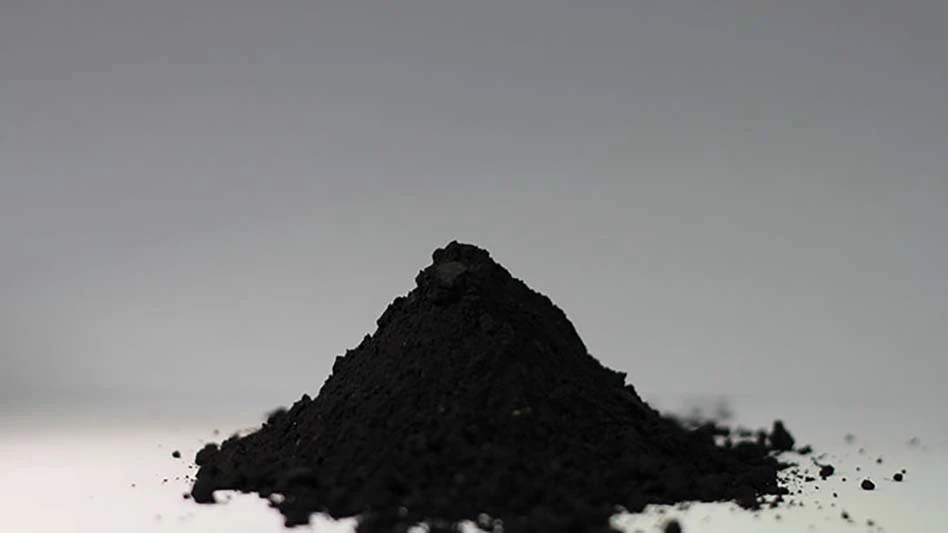
RoadRunner
While hospitals and health care facilities have remained open and active over the last two months, many other businesses, such as restaurants, schools and offices, have closed, which affects their demands for waste and recycling services. Those fluctuations in recycled materials volumes mean commercial recyclers, like Pittsburgh-based RoadRunner, must accommodate what clients need or don’t need right now.
For RoadRunner, the technology it created has helped the company better manage these changes in customer generation during the COVID-19 pandemic. “We’ve built technology where we can see weekly and daily fill rates on containers,” CEO and founder Graham Rihn says. That technology tells RoadRunner real time volumes for each customer as they generate materials.
RoadRunner was founded in 2014 to help drive down the cost of commercial recycling. Using custom technology, the company can understand what materials come from each customer, then design routes to get those materials to buyers efficiently and at a lower cost.
Right now, RoadRunner operates in 10 markets around the United States. Operations started slowing down in mid-March, and the company shifted to as many people working from home as possible, mostly in its corporate office. On location, haulers were sent gloves and masks to wear when they were still collecting.
Rihn says it’s important to keep safety as a priority, even as businesses reopen. Haulers will still wear personal protective equipment, and customers will be asked to do what they can to mitigate direct contact with materials by the haulers.
“[Businesses] will be more responsible with what’s coming out of their process in terms of materials,” Rihn says. In years past, he says many businesses weren’t as conscious of the recycling process with their materials, but now they can keep haulers in the loop if anything happens at their sites that could affect those materials and the haulers’ safety.
Overall, Rihn says he believes this pandemic is making more people aware of how essential recycling and waste management are to society.
.
“I think individuals, people, they are connecting the dots, subliminally,” he says. People often think to wash their hands after taking out the trash, so Rihn says people need to think about the people picking up trash and recycled materials dozens of times each day, especially with the virus being able to live on these materials.
“Some of the most important materials that were in low supply during this pandemic are manufactured from recycled materials,” Rihn says. “There is no clearer picture of that than what’s taken place in the commodity markets in the last 60 days, to see the spike in commodity rates for some of these essential raw materials.”
Even with the fluctuations over the last few months, RoadRunner is still on track to expand to 10 more cities in the next 18 months, with a slight delay from COVID-19. As the company grows, Rihn says he wants new potential customers, who may be hesitant, to realize the savings they could see as recycling isn’t a costly as it used to be.
Get curated news on YOUR industry.
Enter your email to receive our newsletters.
Latest from Recycling Today
- Reworld partners with Mystic Aquarium
- BIR calls for fair standards, circular solutions in defining ‘green steel’
- LME reports active Q2
- Liberty Steel assets facing financing deadlines
- Sims is part of Australian recycling loop
- Tariffs target steel exporters Brazil, Canada and South Korea
- Buy Scrap Software to showcase its software at Scrap Expo in September
- LG details recycling activities






